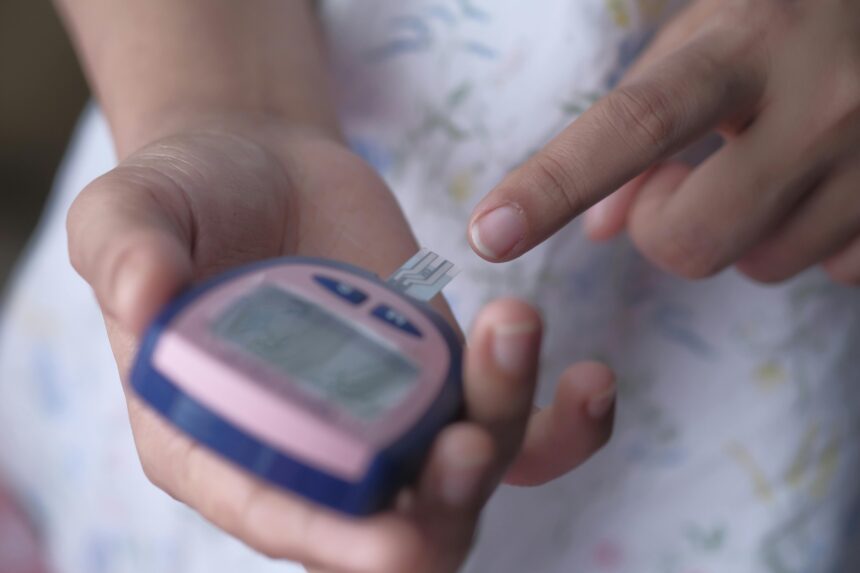The Importance of Regular Monitoring of Serum Creatinine to Assess Kidney Function
The kidneys play a crucial role in maintaining overall health by filtering waste products from the blood, regulating electrolyte balance, and managing blood pressure. One of the key indicators of kidney function is serum creatinine, a waste product generated from muscle metabolism. Regular monitoring of serum creatinine levels is essential for early detection of kidney dysfunction, guiding treatment decisions, and preventing complications. This article explores the significance of serum creatinine monitoring, the implications of abnormal levels, and the best practices for kidney health.
Understanding Serum Creatinine
Creatinine is produced at a relatively constant rate, depending on muscle mass, and is excreted by the kidneys. The serum creatinine level is a reflection of kidney function; elevated levels may indicate impaired kidney function or damage. Normal serum creatinine levels typically range from:
- 0.6 to 1.2 mg/dL for adult men
- 0.5 to 1.1 mg/dL for adult women
- Lower levels in children and varying levels in the elderly
Monitoring serum creatinine is vital for several reasons, including the assessment of kidney function, the evaluation of treatment efficacy, and the identification of potential complications.
Why Regular Monitoring is Essential
Regular monitoring of serum creatinine levels is crucial for several reasons:
- Early Detection of Kidney Disease: Chronic kidney disease (CKD) often progresses silently. Regular testing can help identify changes in kidney function before significant damage occurs.
- Management of Existing Conditions: For patients with known kidney issues or conditions like diabetes and hypertension, regular monitoring helps assess the effectiveness of treatment plans.
- Medication Safety: Certain medications can affect kidney function. Monitoring serum creatinine can help healthcare providers adjust dosages to prevent toxicity.
- Guiding Lifestyle Changes: Elevated creatinine levels can prompt discussions about dietary changes, hydration, and other lifestyle modifications that can improve kidney health.
Case Studies Highlighting the Importance of Monitoring
Several case studies illustrate the critical role of serum creatinine monitoring in clinical practice:
In a study published in the Journal of the American Society of Nephrology, researchers followed patients with diabetes over five years. They found that those who had regular serum creatinine tests were diagnosed with CKD at an earlier stage, allowing for timely interventions that significantly improved their long-term outcomes.
Another case involved a 65-year-old man with hypertension who was prescribed a new medication. His healthcare provider monitored his serum creatinine levels closely, which revealed a sudden spike. This prompted an immediate review of his medication regimen, preventing potential kidney damage.
Statistics on Kidney Disease
The prevalence of kidney disease underscores the importance of regular monitoring:
- According to the Centers for Disease Control and Prevention (CDC), approximately 37 million adults in the United States have CKD.
- Only 10% of those with CKD are aware of their condition, highlighting the need for regular screening.
- Kidney disease is the ninth leading cause of death in the U.S., emphasizing the importance of early detection and management.
Best Practices for Monitoring Serum Creatinine
To ensure effective monitoring of kidney function, consider the following best practices:
- Regular Check-ups: Schedule routine blood tests, especially if you have risk factors such as diabetes, hypertension, or a family history of kidney disease.
- Stay Informed: Understand your serum creatinine levels and what they mean. Discuss any concerns with your healthcare provider.
- Adopt a Kidney-Friendly Lifestyle: Maintain a balanced diet, stay hydrated, and avoid excessive use of over-the-counter pain medications that can harm the kidneys.
Conclusion
Regular monitoring of serum creatinine is a vital component of kidney health management. It allows for the early detection of kidney dysfunction, guides treatment decisions, and helps prevent complications associated with chronic kidney disease. With the rising prevalence of kidney disease, understanding the importance of serum creatinine levels can empower individuals to take proactive steps in safeguarding their kidney health. By adhering to best practices for monitoring and maintaining a healthy lifestyle, individuals can significantly improve their chances of preserving kidney function and overall well-being.
